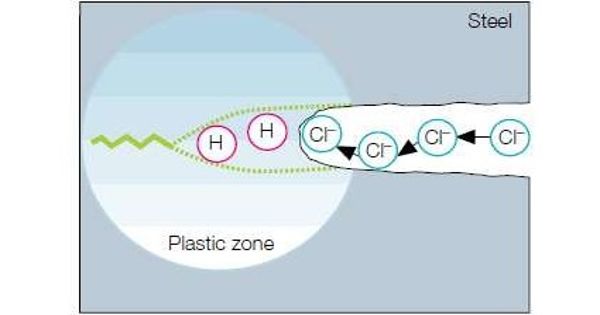Researchers from the University of Illinois at Chicago have identified a crucial protein involved in viral reinfections that may be the target of antiviral medications in a recent study on herpes infections of the eye.
The UIC team looked at the role that the heparanase protein, which is found in all of our cells, plays in the reinfection of mice with type 1 herpes simplex virus. They discovered that preventing heparanase activity from functioning can shield the eyes from re-infection.
In contrast to mice with normal heparanase, whose corneas displayed strong symptoms of reinfection, mice whose heparanase protein was suppressed showed no signs of cloudiness in their corneas following a second infection.
The researchers also discovered that the immune system may make symptoms of a subsequent illness worse when the protein is active as a result of an infection. The study, which was just published in Science Advances, also found that the virus is more likely to cause illness in people who have already been infected with it when heparanase is malfunctioning.
A breakthrough in preventing the recurrence of viral infections may result from the findings, which when taken together show that reducing the action of the heparanase protein can be an effective strategy to prevent herpes simplex virus type 1 reinfection.
While more research is needed to understand the most effective way of inhibiting heparanase to prevent viral reinfections, these findings indicate that blocking the protein could be a promising drug target.
Deepak Shukla
“We wanted to know if we could better protect them from infection, and we found that we could,” explained Chandrashekhar D. Patil, co-lead author on the study, and a visiting scholar in the department of ophthalmology and visual science.
Reducing reinfections is vital because persons with recurrent herpes simplex virus type 1 infections are more susceptible to health issues like an inflammatory condition and even blindness.
As they assist in educating researchers about the potential mechanisms of reinfection with other viruses, such as coronavirus, these results may also have a substantial influence on public health. Other research has indicated that heparanase plays a role in COVID-19 reinfections, as well.
“While more research is needed to understand the most effective way of inhibiting heparanase to prevent viral reinfections, these findings indicate that blocking the protein could be a promising drug target,” explains Deepak Shukla, the Marion Schenk Esq. Professor of Aging Eye Research and the corresponding author of the study.
“This could be the wonder drug down the road,” he said. “We could be looking at a broad spectrum antiviral drug.”
Co-authors of the study are UIC’s Rahul K. Suryawanshi, Alex Agelidis, Raghuram Koganti, Tejabhiram Yadavalli, Joshua Ames and Hemant Borase. Funding for the research came from the National Institutes of Health, the National Eye Institute and the Illinois Society for the Prevention of Blindness.
















